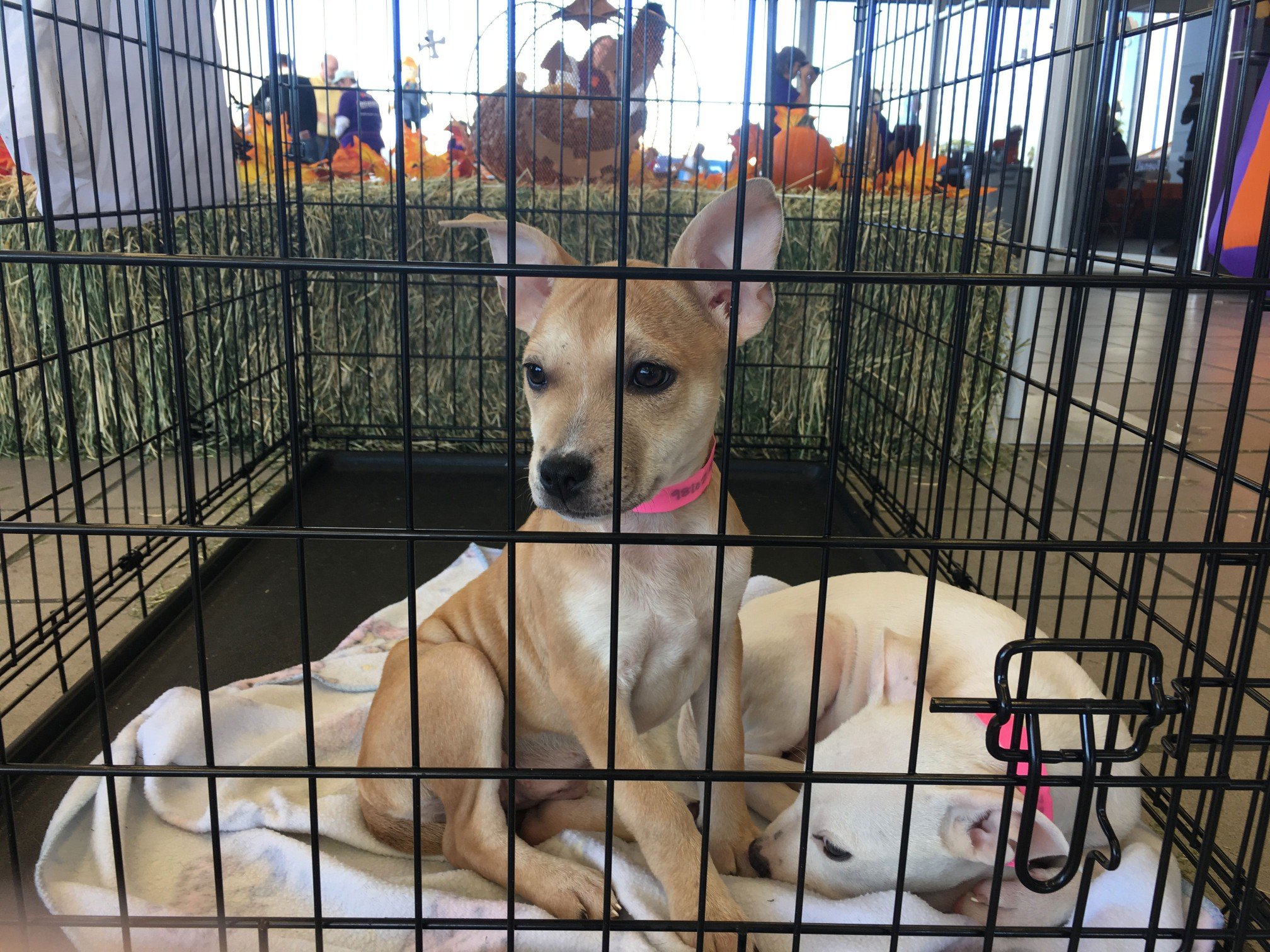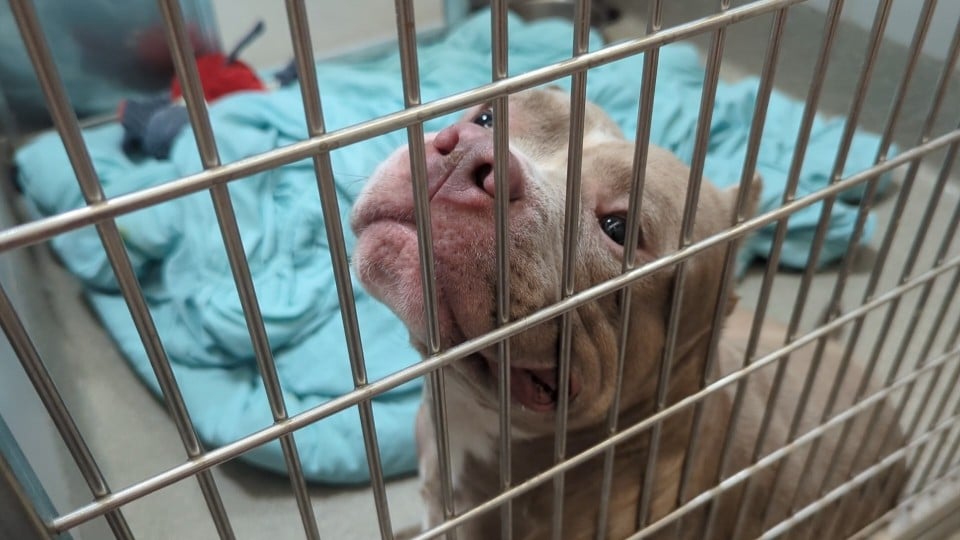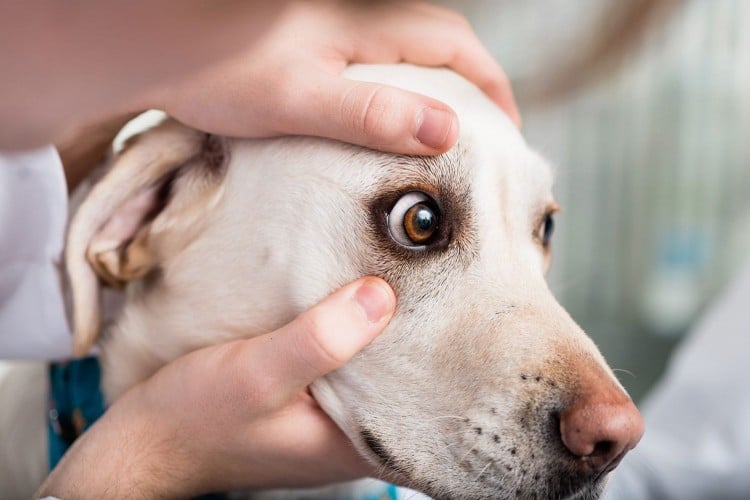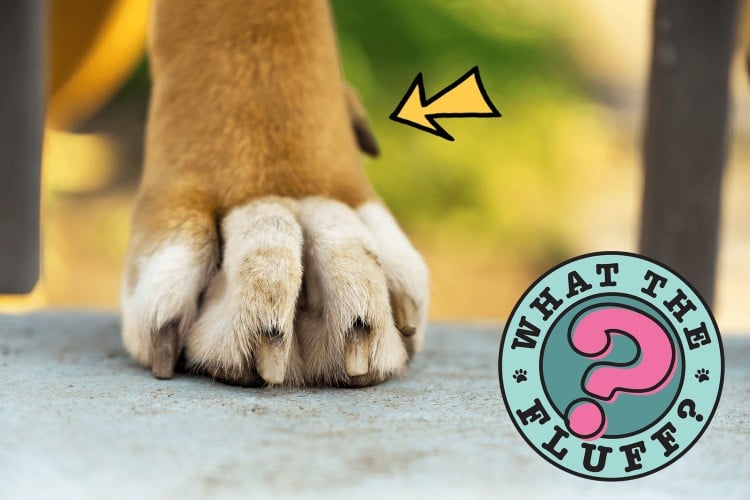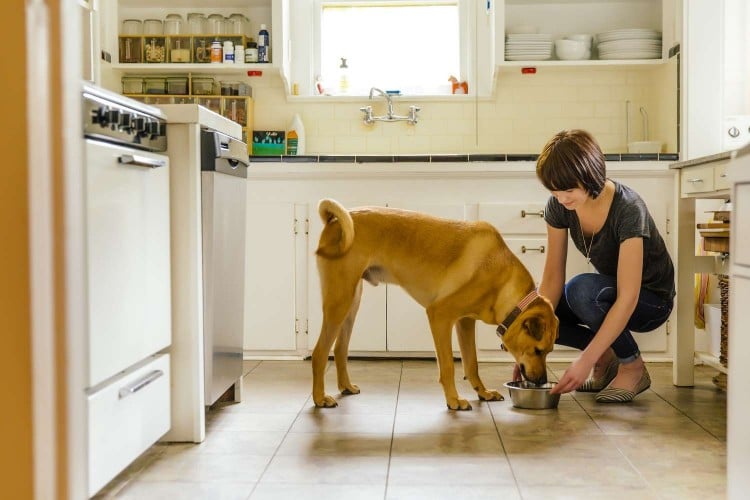Heading Back to Work? You'll Need to Make Sure Your Dog Is Ready, Too
People around the world are in different stages of returning to their workplaces amid the COVID-19 pandemic. For dog owners, a return to the office can lead to some challenges. Namely: What do I do with my dog who's gotten so used to me being home all the time?
Well, first things first: Prepare. Don't just head back to the office without helping your dog or puppy get ready for the transition. From the dog's perspective, it's like spending nearly every waking hour with your best friend, and then they suddenly up and leave you all alone.
You'll need to help your canine pal get used to the new routine, says Niwako Ogata, an animal behaviorist and professor at Purdue University's College of Veterinary Medicine. It'll take several weeks to transition any dog to "home alone" status—but especially a puppy you adopted during the pandemic or a dog who exhibited behavioral problems before the latest coronavirus arrived. Those pups might panic when they can't find you at home.
"Don't change the schedule or environment acutely, especially if you kind of know things may happen in the future," Ogata says.
How to Set a Daily Schedule for Your Puppy That Can Make Him Happier and Keep You Sane
Preparing Your Dog for Your Return to Work
Ogata separates dogs into three categories: puppies adopted during the work-from-home period; dogs who lived with you before the pandemic started; and dogs who've already exhibited behavior problems, including separation anxiety.
The length of the transition period—and methods—depend on the individual dog, but Ogata estimates it will take roughly a month to get your pup used to a new routine. Dogs in the second group, the ones who've been around long enough to see you leave for work most days pre-pandemic, may only need a few days to re-adjust.
Puppies, who've lived in a blissful world where you could play with them at nearly any time, will need a little more time.
If you know that you're eventually heading back to the office, it's probably time to make a few adjustments now. Instead of letting your dog believe every day is a free-for-all of walking and playing at the drop of a hat, start creating habits that more closely mimic your going-to-the-office routines. For instance, if you've been walking your dog in the mornings, a time when you'd usually be commuting, consider moving your big stroll to the evenings, Ogata says. The American Veterinary Medical Association (AVMA) also recommends adjusting meal times and wake-up times to what they'll be if you're back in the office.
"You need to start adjusting your life now during this transition period," Ogata says.
If you confine your dog in a certain area when you go to work, start doing that and working in another room or outside, giving the dog the impression that you've left.
Along those lines, you should start actually leaving the house more frequently—alone— Northeast Animal Hospital says, whether that's out to get coffee or your own stroll around the neighborhood. Ogata and the AVMA suggest leaving the house for practice trips at the time you'd normally be heading to work.
These quick excursions will also give you an idea of how your dog will react to you leaving. If you have scratched floors or doors when you return, you may need to consult an expert or veterinarian about additional strategies for handling your dog's separation anxiety.
Before leaving, play and exercise with your pup, the AVMA says. That'll tire your dog out, calming him down.
Then, maybe spend more time with your pup outside of work. More and more pet owners have grown closer to their pets during the pandemic, some saying they'll even cut down on their social activities after going back to the office to make up for lost time with their furry kiddos.
Keeping Your Dog Safe
Not preparing your dog for your eventual departure can entail dire consequences for your floors and walls—but most importantly for your dog.
They'll miss their best friend and the first thing they'll do when you leave is look for you, Ogata says. That means doing the things that usually make you appear: pacing and eventually barking, Ogata says.
"They are looking for you and asking for attention," she says.
When that doesn't work, they get tired, which will make them more panicky, potentially causing them to scratch or bite the doors and walls, which could hurt them, Ogata adds. You'll want to avoid all those stages but especially the potentially harmful one, so be sure to do what you can to get your dog used to you not being there.
As always, consult your vet or a pet behavior expert if you think your dog will have trouble adjusting to being at home alone. You don't want your dog to get hurt.




